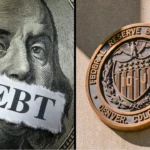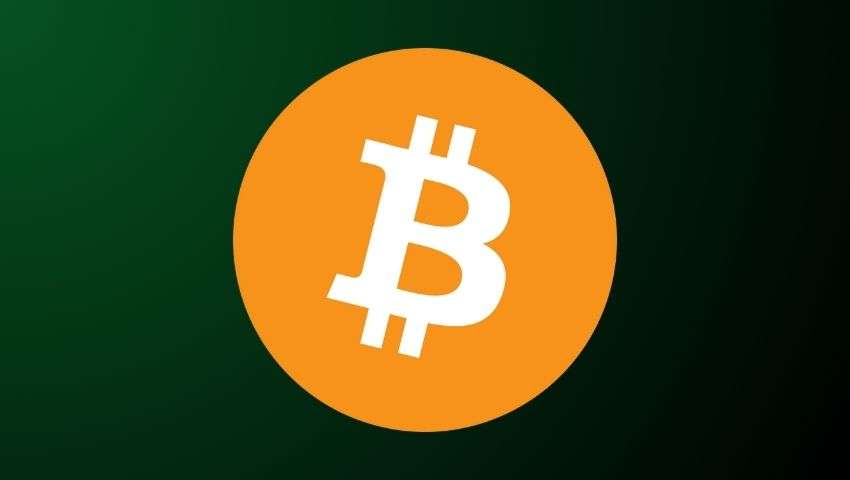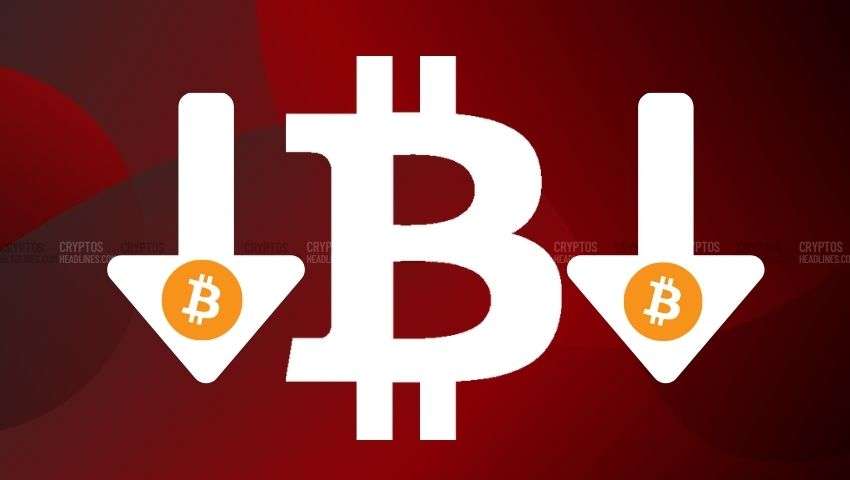Economist Paul Krugman: No currency can replace the US dollar. He warns that if the US defaults and the dollar loses its role, financial markets will face disruption due to the absence of a secure and easily traded asset.
Economist Paul Krugman, who received the Nobel Prize in Economics in 2008, recently discussed the potential consequences of a US default and the loss of the US dollar’s position as the global reserve currency.
In a tweet, Krugman clarified that the danger of a debt default is not the replacement of the US dollar with another currency in its current key role. Instead, the concern is that no currency will be able to fulfill that role, leading to disruptions in financial markets due to the absence of a secure and easily tradable asset.
Also Read This Related: US Chamber of Commerce Criticizes SEC’s ‘Haphazard’ Regulatory Approach
Krugman is not concerned about the US dollar losing its status as the world’s reserve currency. In an article he wrote for the New York Times, he argued that the dominance of the USD is not under threat. He believes that claims of the dollar’s decline are likely exaggerated. Krugman also stated that the Chinese yuan is not a viable rival to the dollar because of the Chinese government’s restrictions on capital movement.
The economist who won the Nobel Prize shared his view, saying, “Even if some governments want payments to be made in different currencies, it’s uncertain if they can actually make it happen because it mostly depends on decisions made by private companies. And even if there is a partial shift away from the dollar, the other advantages of the dollar for banking and borrowing will still exist.”
Some people disagreed with Krugman’s views on the U.S. dollar. Economist Michael Hudson criticized Krugman’s article, calling it deliberately ignorant. According to Hudson, Krugman misrepresented the economic history and used deceptive tactics. Hudson pointed out that Krugman focused on the current account deficit while ignoring the fact that the U.S. earns significant income from the capital account.
Hudson expressed his disagreement with Krugman’s perspective on global de-dollarization efforts. He argued that Krugman dismisses the reasons behind other countries’ actions and believes there is no justification for their shift away from the U.S. dollar.
More and more countries are moving away from the U.S. dollar and choosing to use their own currencies instead. In a recent development, 10 Southeast Asian nations agreed to promote the use of their national currencies, aiming to lessen dependence on the U.S. dollar and Western payment systems. The BRICS countries (Brazil, Russia, India, China, and South Africa) are also advocating for de-dollarization. They are exploring the possibility of a shared currency, which will be discussed by the BRICS leaders during their upcoming summit.
Important: This article is intended solely for informational purposes. It should not be considered or relied upon as legal, tax, investment, financial, or any other form of advice.










